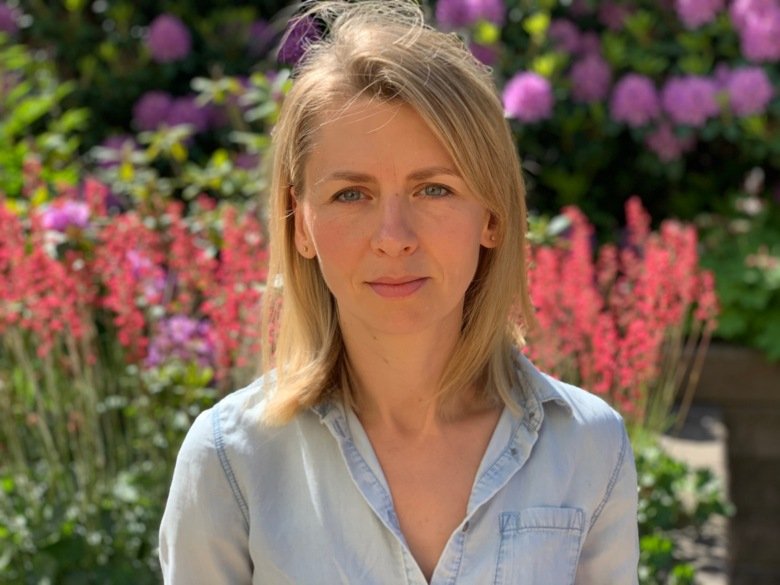A multicenter study including all women with breast cancer undergoing treatment for fertility preservation in Sweden revealed efficacy and safety of the procedures
Researchers at Karolinska Institutet have investigated the efficacy and safety of different approaches to ovarian stimulation of women with breast cancer in a multicenter study. Results of this large prospective multicenter study support the premise that current approaches to fertility preservation with ovarian stimulation in women with breast cancer are both safe and efficacious.
Globally, an increasing number of young women with cancer are undergoing treatments aimed at fertility preservation. In Sweden these treatments are offered at university hospitals and are usually performed before starting oncological treatment. Cryopreservation of eggs and embryos - two established methods of fertility preservation - require ovarian stimulation, which has raised the question on the safety of this approach in women with breast cancer. Improvements of ovarian stimulation protocols for women with breast cancer include concomitant use of aromatase inhibitors such as letrozole aiming to reduce estrogen secretion during the treatment, random-cycle start day of stimulation, aiming to shorten the time needed to retrieve mature eggs, and the use of GnRHa-trigger for egg maturation, aiming to reduce the risk of complications such as ovarian hyperstimulation syndrome.
Researchers at Karolinska Institutet have investigated the efficacy and safety of these approaches to ovarian stimulation of women with breast cancer in a multicenter study.
A cohort of 610 women
This study was a collaboration among six Swedish university hospitals (Karolinska University Hospital, Stockholm; Skåne University Hospital, Malmö; Sahlgrenska University Hospital, Gothenburg; Uppsala University Hospital, Uppsala; Linköping University Hospital, Linköping and Örebro University Hospital, Örebro) where 610 women with breast cancer received counseling on fertility preservation between 1995-2017. Of those, 401 elected to undergo fertility preservation through ovarian stimulation aiming to freeze eggs or/and embryos.
Encouraging results
Altogether, 380 ovarian stimulation treatments, all using an antagonist protocol, were included in the analysis. Letrozole-based stimulation was involved in 59% of these cycles, and its use resulted in similar number of cryopreserved eggs and embryos, when compared to standard protocols. Random instead of conventional start of controlled ovarian stimulation showed no negative impact on the number of cryopreserved eggs and embryos. Compared to the classic hCG-trigger, use of GnRHa-trigger in treatments with letrozole was associated with a higher number of eggs retrieved and embryos cryopreserved.

“Modified protocols for ovarian stimulation in women with breast cancer, introduced in order to improve safety, seem to have at least non-inferior outcome in terms of cryopreserved eggs and embryos, when compared to standard stimulation protocol”, says the study’s first author Anna Marklund, doctoral student at the Department of Oncology-Pathology, Karolinska Institutet.
Additionally, after a mean follow-up of 6.3 years, all-cause survival between the women that underwent ovarian stimulation and those who did not was similar, and there was no difference in all-cause survival between the group of women that underwent treatments with standard ovarian stimulation and the group that received letrozole-based stimulation. Of 99 women who returned to fertility clinics after cancer treatment, 32 proceeded to thawing of eggs or embryos, and 10 of them had live births.

“Results of this large prospective multicenter study support the premise that current approaches to fertility preservation with ovarian stimulation in women with breast cancer are both safe and efficacious,” says head researcher Kenny Rodriguez-Wallberg, associate professor at the same department.
The study was supported by research grants from the Swedish Cancer Society, the Stockholm county council, the Percy Falk Stiftelsen, Radiumhemmets Forskningsfonder, The Breast Cancer Association BRO and Karolinska Institutet (to KARW).
Publication
Efficacy and safety of controlled ovarian stimulation using GnRH antagonist protocols for emergency fertility preservation in young women with breast cancer-a prospective nationwide Swedish multicenter study.
Marklund A, Eloranta S, Wikander I, Kitlinski ML, Lood M, Nedstrand E, et al
Hum. Reprod. 2020 Apr;35(4):929-938
